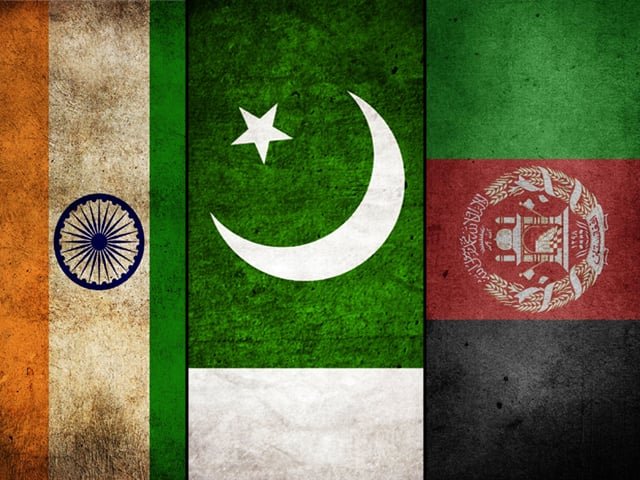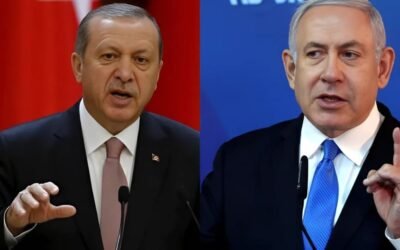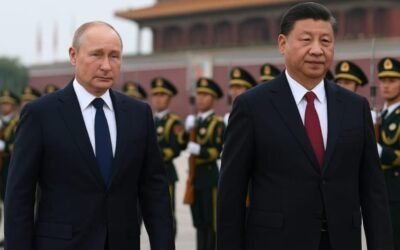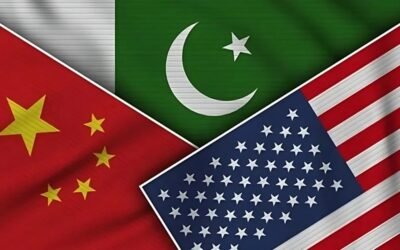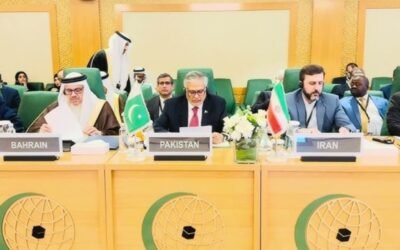Afghanistan was a key Cold War ally of the Soviet bloc and maintained friendly relations with India, which actively fostered ethno-national tensions along the Pakistani western border. The communist-leaning regimes in Kabul, particularly during President Sardar Daoud Khan and after 1978, adopted a Pashtun nationalist ideology that viewed a divided Pakistan as a strategic advantage. According to U.S. diplomatic records, the risk of armed conflict with Afghanistan would increase if Pakistan adopted a “forward policy” against tribal dissent, then Afghan support for Baluch and Pathan tribes in Pakistan could make armed conflict between the two states possible. Historically, Afghan political figures viewed Pakistan’s Baloch minority as potential allies. The Daoud regime was recorded to have supported insurgent groups in Baluchistan by providing arms, training, and sanctuary to separatists.
Cold War Alliances and Rivalries
Afghanistan’s Cold War stance was pro-Soviet. Following President Daoud’s 1973 coup, Kabul relied heavily on the pro-Marxist People’s Democratic Party of Afghanistan (PDPA), and by the late 1970s, it had become a Soviet satellite. According to the U.S. Office of Historian’s 1973 note, Afghanistan was relatively weak, which would tend to increase its dependence on Soviet and Indian assistance, while Pakistan would lean toward the U.S., China, and Iran. The 1893 Durand Line was never officially recognized by Kabul, and Afghan leaders long dreamed of a Greater Pashtunistan, which threatened Islamabad’s security. Even as late as 1976-77, Daoud briefly attempted a temporary compromise by recognizing the Durand Line and releasing Pakistani dissidents, but this rapprochement failed when he was overthrown in 1978. The subsequent Marxist-Khalq regime strengthened Afghan ties with Moscow and increased cross-border hostilities in Pakistan’s tribal regions and Baluchistan.
Afghan Support for Baloch Insurgents
Baloch rebels received ideological support and direct assistance from the Afghan regime. According to Pakistani and Western sources, Kabul often, with Soviet handlers, provided refuge to militant Baloch chieftains and militants. One CIA assessment notes that a strong pro-Soviet Baluch tribal chief lived in Afghanistan, and under his influence, his followers not only infiltrated Pakistan but also established insurgent camps there. These groups were replenished with Afghan weapons and training, often supplied by the Soviets. For example, U.S. intelligence analysts projected that the “rebel Marri tribesmen in Afghanistan, aided by Soviet and Afghan arms, would probably move into Pakistan to support the Baluch insurgents.” Pakistani claims that Afghan safe havens and weapons stores in Kabul territory were prolonging the insurgency have been confirmed in declassified cables. Overall, contemporary government records explain Kabul’s policy as intentionally “providing refuge to dissident groups opposing Pakistani centralization” to challenge Islamabad’s authority.
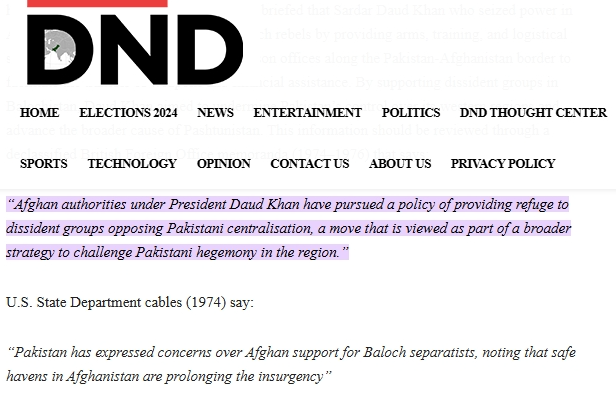
Source: DND
Islamabad’s Response
Pakistan responded strongly both militarily and diplomatically. In 1973, the provincial government elected in Baluchistan was dismissed by the Bhutto regime, and a major counterinsurgency operation was launched. According to American reports, by 1975, Islamabad had deployed an estimated 70,000 soldiers, approximately one-fifth of its total force, to suppress the rebellion.


Source: The Eurasian Times
Islamabad also supported anti-Daoud Afghan groups, later, after 1978, as a countermeasure. In the mid-1970s. U.S. cables warned that any Pakistani raid into Afghanistan would be risky, but Pakistani policy remained clear: there would be no meddling by Afghans in the Pakistani tribal regions, mainly Baluchistan.
Impact on Baluchistan’s Security
Kabul’s activities played a major role in destabilizing Baluchistan. The insurgency persisted much longer than it would have without Afghan weapons and safe havens. This foreign support extended and intensified counterinsurgency efforts, fueling resentment among local residents. The cycle of insurgency and repression kept Baluchistan tense for decades. The overthrow of the Daoud Afghan regime in 1978, according to one assessment, ended foreign backing of Baloch radicals, helping to suppress the rebellion in the 1970s, underscoring Kabul’s critical role.
Conclusion
The history (documented by both the State Department in U.S. archives as well as certain declassified intelligence reports) indicates that Cold War Kabul was a destabilizing force in Baluchistan. The Soviet-allied government of Afghanistan provided ideological, material, and logistical support to Pakistani Baloch separatists, in an explicit policy aimed at undermining Pakistan’s western frontier. These facts, based on official archives and reputable analysis, demonstrate how Afghan interference as part of the Cold War complicated the internal security issues in Baluchistan, Pakistan.

